Find Out Where Emotions Resonate in Your Body
Mylena Vocal Coach often compares the human body to a musical instrument, where each emotion is a note that resonates in different parts of you. Emotions, the real ones, are not at all some thought that dwells only in your mind, this is well known even to science. Emotions are “something else” and always have some sort of resonance area where they manifest most in our bodies. Some of these “resonance zones” are so well-known and obvious that they have become part of everyday language and idioms, such as “eating your liver with rage” or “my heart is bursting.” These expressions reflect an ancient wisdom that recognizes the link between the body, emotions and physical sensations.
The Connection between Emotions and Physical Wellbeing
Learning to recognize and manage one’s Inborn Voice also means learning to listen to these resonances and, most importantly, understanding when we are hiding an emotion even from ourselves. This process of discovery and awareness is critical to developing a deeper connection with ourselves and others. By learning to recognize where and how emotions resonate in our bodies, we can intervene more effectively to be able to let them out and express them, before it is too late. This will result in a more harmonious voice, greater self-confidence, and most importantly, stronger health and a higher energy level. These are all positive “side effects” of the Inborn Voice method, which often leads people to reduce or eliminate medications, going to the doctor not to treat themselves but to celebrate a newfound well-being.
The Heart: Place of Love and Sorrow
Let’s start with the simplest emotions: love and affection. When you feel in love or have great affection for someone, it is easy to experience a pleasant warmth in the chest, often described as a feeling of heart expansion. This warmth is not just metaphorical; it is a physiological response involving the cardiovascular system, increasing blood flow and generating that “heart pounding” feeling. It is the same point that can tighten in acute pain when experiencing sadness or loss. That feeling of a broken heart is an actual physical response that the body gives to the emotions that run through it. Any emotion can also be experienced in “counter phase,” that is, with an opposite vibration. In this case it manifests as hatred, cruelty and impatience. Physical symptoms that often accompany those who inhibit or block these emotions include circulation problems, such as high or low blood pressure, and tachycardia.
The Belly: The House of Fear and Anxiety
Let’s now turn to two other emotions that are major players in our lives: fear and anxiety. Have you ever experienced the feeling of having “butterflies in your stomach”? That’s exactly where fear and excitement occur, often as a feeling of emptiness or tension. This phenomenon is related to the autonomic nervous system, which can provoke a “fight or flight” response, preparing the body to react to a perceived threat. The stomach is the cavity in our body where the deepest and most instinctive emotions resonate. Also resonating in the stomach is intuition, that “feeling in your gut” that tells you whether something is right or wrong. Typical symptoms of those who suppress fear and anxiety (and think they do not have these emotions at all) are related to digestion, such as acid reflux, constipation, or conversely, diarrhea. These physical responses can become chronic if the emotions are not properly addressed and managed.
Shoulders and Neck: The Burden of Stress and Tension
The shoulders and neck are another interesting area. Stress and tension often accumulate here. When you are worried or under pressure, you may notice that your shoulders rise and become stiff, as if you are carrying the weight of the world on your shoulders. This tension is not just a poetic analogy, it is a real muscle response that can lead to posture problems and chronic pain. By stiffening the neck and shoulder area, breathing and, therefore, the lungs suffer. Breathing becomes shallow, reducing oxygen supply and contributing to an overall feeling of fatigue and tiredness. The most common symptoms of those who suppress many emotions by stiffening the body are related to problems with breathing and blood oxygen levels. This can manifest as a feeling of chest tightness, difficulty breathing, or a frequent feeling of “shortness of breath.”
The Throat: The Channel of Unexpressed Emotions
Finally, let’s talk about the throat, the main bridge where emotions pass through and where, somehow, all unexpressed emotions resonate the loudest. If you have ever had a “knot in your throat” when you wanted to cry or express a strong emotion, you know what I am talking about. This feeling is often the result of trying to suppress tears or words, causing tension in the throat muscles. This is where unspoken words accumulate and can sometimes become a blockage, leading to communication problems or a feeling of emotional suffocation. Freeing your voice, starting with your own Inborn Voice, is certainly an effective way to begin to acknowledge and release these emotions that have been held back for far, far too long. This process not only helps to improve voice quality and speaking ability, to become good at “public speaking,” but can also lead to deep emotional healing. These benefits, are closely related to the Inborn Voice method and its Philosophy. Among the various testimonials of success we have received, there are many that point out how these same results were also promised by others, but they had never been able to achieve them (some even saw their situation worsen!). Recognizing where emotions resonate (or not) is one of the strengths of the Inborn Voice method.
Conclusion: Listening to One’s Inborn Voice and One’s Body to Understand Emotions
Emotions are phenomena that involve the whole body, but never the mind. Learning to recognize and understand these body resonances can offer you greater awareness of yourself and your reactions. How about you, where do you feel your emotions? Take a moment to listen to your body and discover where your emotions resonate. This awareness can be the first step toward a more balanced and harmonious life as you discover your Inborn Voice. If you would like to experience the Inborn Voice for yourself, you can book a one-on-one meeting below or attend one of our “Your Voice, Your Identity” Workshops.
Take the first step!
We offer world-class training to improve your personal, social and business communication skills. We specialize in presentations, leadership, media training, interviewing and Executive speaking.
Inborn Voice shapes tomorrow's leaders.
Book your first online Voice Assessment session by clicking the button below!
Any questions? We'll get back to you!
Are you looking to improve your voice with individual lessons, classes, or have any questions?
Fill out the form below!
and Mylena Vocal Coach:
Leave a Comment

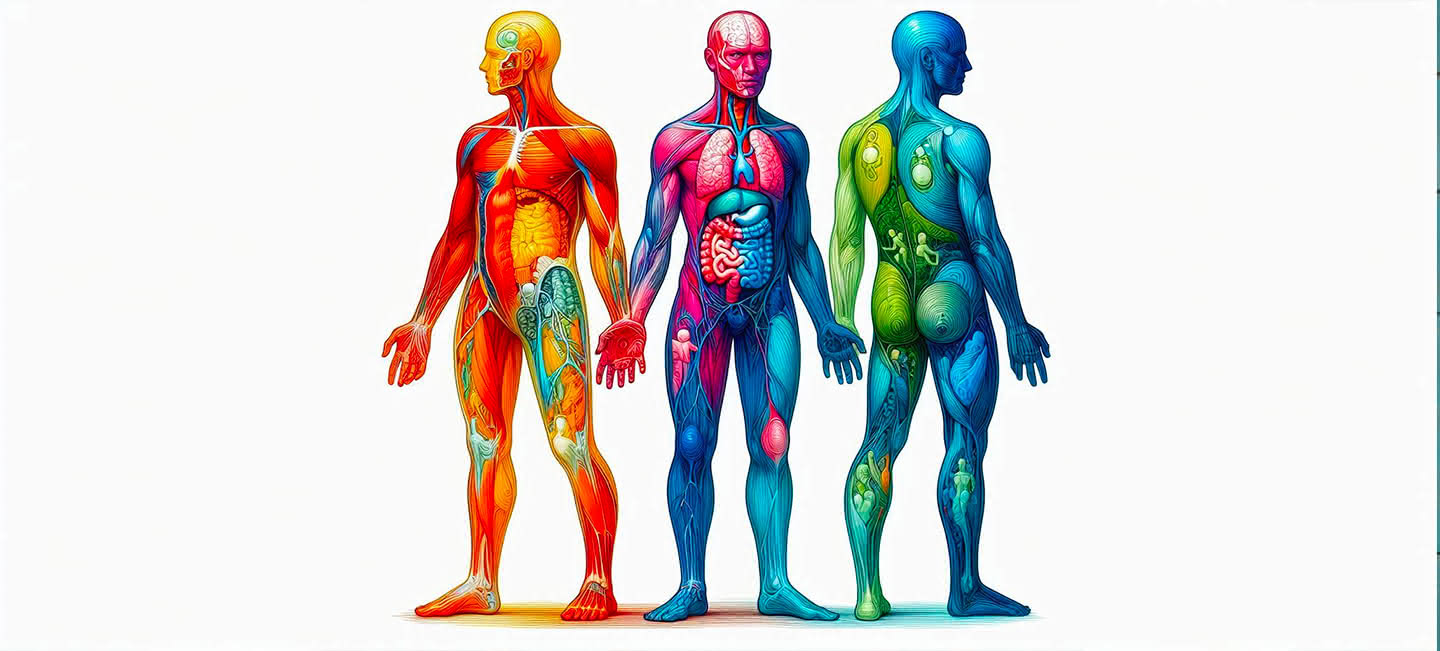

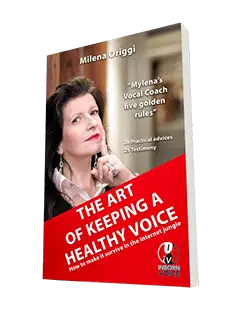
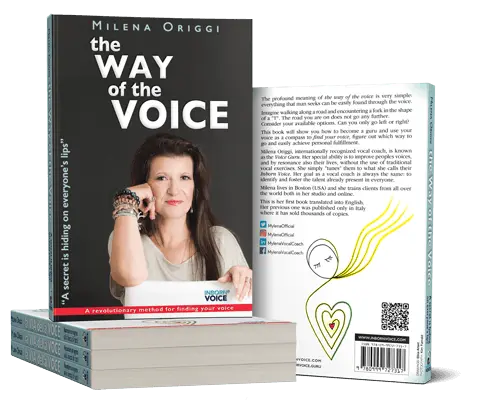

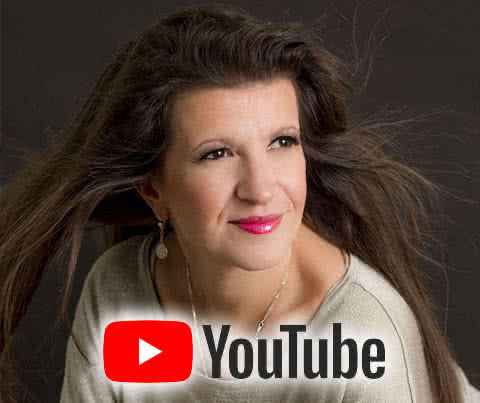
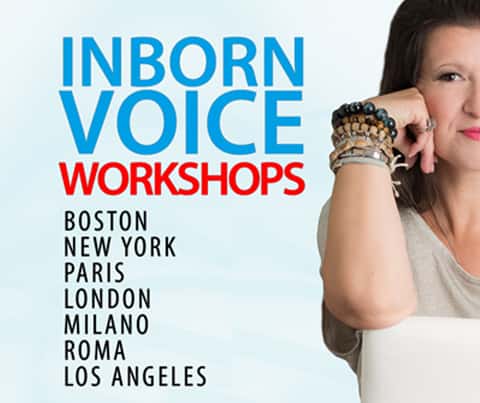
One Comment
Thanks for finally talking about this topic!